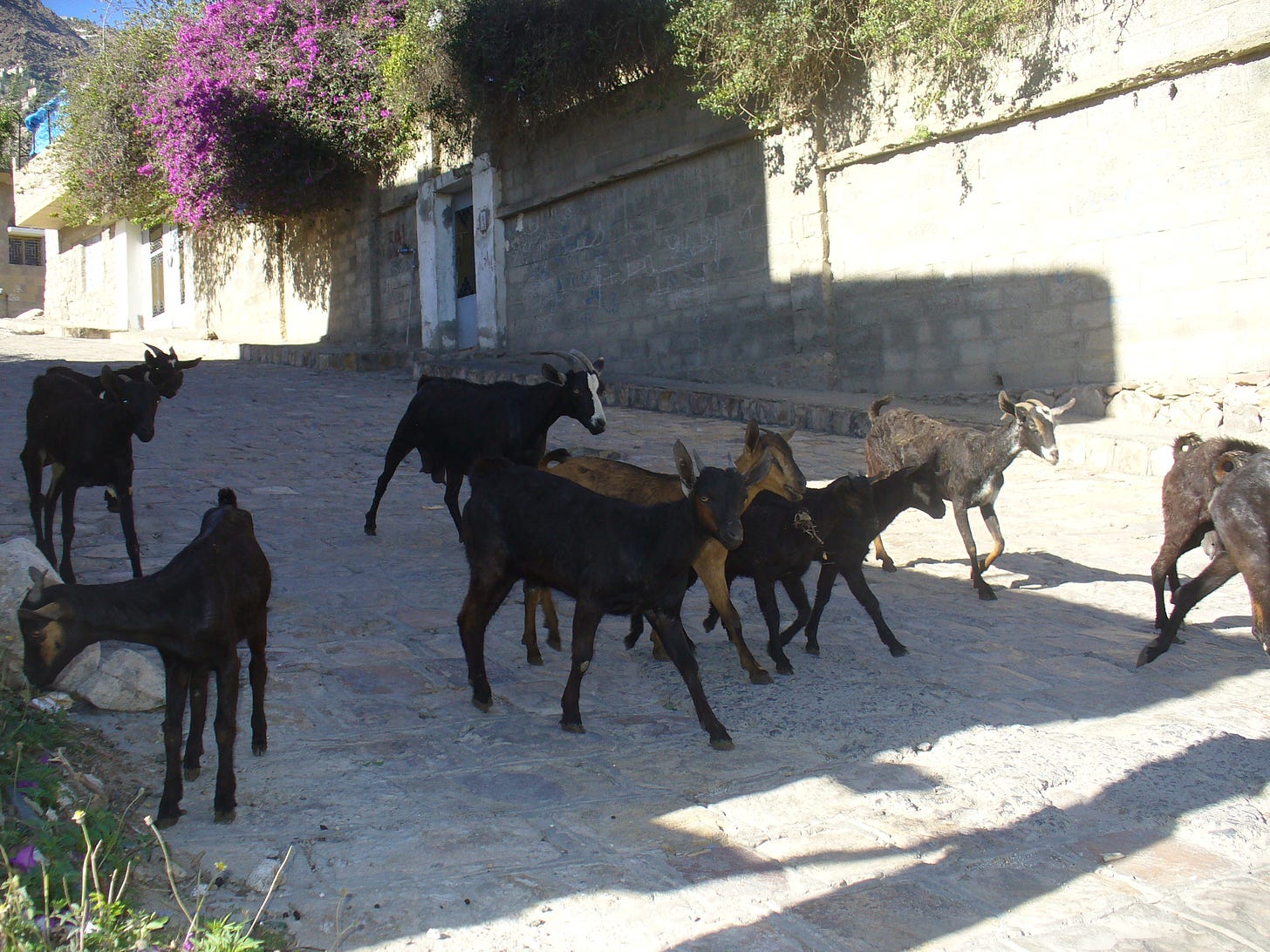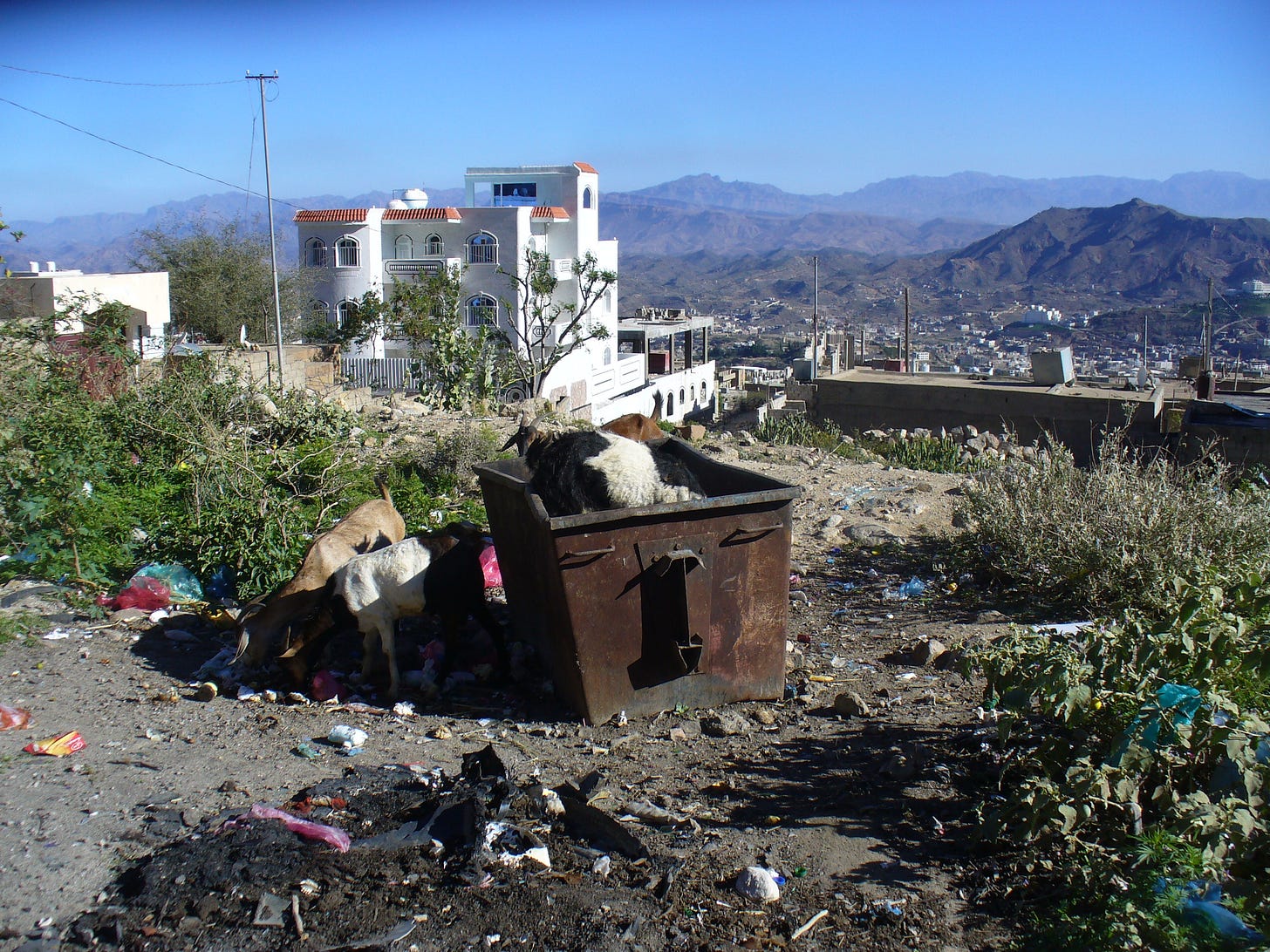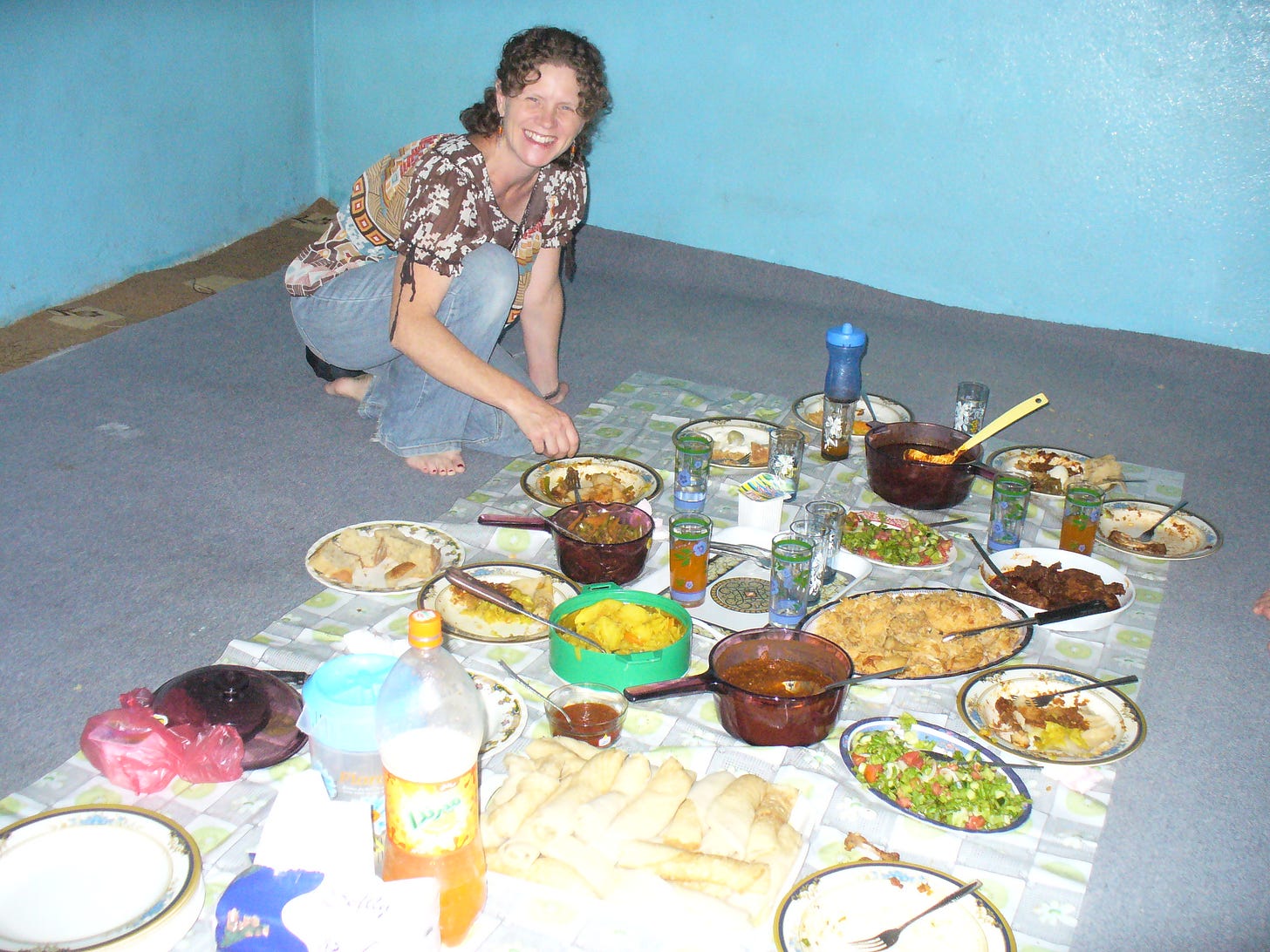Friends!
My goodness…
As I mentioned in my last post, I have embarked on my MFA voyage, and already I find myself submerged in the deep waters of much work and many words. It’s beyond lovely, even if I’m overwhelmed with the diligence this task will require. It’s also become abundantly clear that life rhythms must be altered immediately.
Letters and Literature will be part of that shift, and I’ll be moving to a monthly(ish) newsletter for the foreseeable future as the majority of my little gray cells (for you, my fellow Poirot enthusiasts) will be focused on the program.
That being said, I am so looking forward to sharing this journey with you and hopefully, the end result will be NOVELS to share with my fellow readers someday! There are times it’s hard to envision seeing my work in print between two book flaps. My temptation is to hold the dream tightly, but I constantly surrender it to God instead.
His will, not mine.
I have my first residency in Philadelphia in two weeks, and my next post will be highlights from that time, for today, however, I would love to share a book recommendation and a piece of my own creative nonfiction.
Having decided I would share this particular piece for this month’s letter, it seemed providential that I also finally picked up Being Elizabeth Elliot a couple weeks ago.
In my early years as a Christian, I was ridiculously idealistic—obnoxious might be another way of terming it. I longed to do something radical for God’s kingdom, and in my case, the draw was to the mission field. Hence, Elizabeth Elliot quickly became a heroine of mine. I read the story of her life in Ecuador with Jim Elliot, her subsequent life as a single mom in the jungle after he was martyred, and many of her titles relating to discipleship. Her life and messages stirred my zeal, but in hindsight, it’s clear that my idealism wasn’t balanced with maturity.
Later, after I returned from the field (when life had humbled me and I was sitting in the weight of disillusionment), this heroine of mine seemed too lofty and holy for the likes of me.
This newest biography—a more three-dimensional portrait of Elizabeth—shows me I was mistaken. It turns out, of course, she was as human as the rest of us. So much of her wrestling after her return to American resonates with my own. I’ve experienced great solidarity in its pages. And again, the timing.
The piece I’m sharing today is titled “We’re All Paupers” and it’s a self-revelatory reflection on wrestling with privilege and poverty while on the mission field. I’m entrusting these words to my readers, believing they will still love me on the other side of them.
Oddly, in one of the opening chapters of Being Elizabeth Eliot, the author mentions Martin Luther; she writes of his own flawed walk with God and how his last words were, “We’re all beggars.”
When I read that, I literally gasped. Perhaps I’ve been living under a rock, but I had never heard this before. Admittedly, I had some reservation about sharing this piece of work publicly, but seeing Luther’s words clenched my decision. It seemed too coincidental.
We are all indeed beggars. Paupers. Spiritual destitutes. And here I share a glimpse of my own poverty.
I pray it serves you in some small way,
Tiffany
We’re All Paupers
Shema is at the door again.
I peer at her cone-like appearance through the peephole and sigh. I don’t feel like speaking Arabic today; I want to hole up in the apartment and watch lousy American television. Feeling guilty, I open the door anyway. She speaks rapidly, and I struggle to keep up. A line forms between her brows as she extends her foot: a plastic flip-flop falls to the ground.
I finally catch on—it’s broken. She demonstrates her dilemma, limping along in an attempt to keep the dilapidated shoe on. I imagine her strolling barefoot on cobbled streets strewn with refuse and animal dung. It isn’t an option.
The thought brings up images of her dad, the neighborhood shepherd who leads his herd of emaciated goats and cows through the sloped streets. Last week as I ascended from the bakery, I walked through his congregation and a famished cow snatched the pink plastic bag filled with pita from my hands.
Mortified, the herdsman apologized—he couldn’t replace it. Mush mushkillah, I assured him repeatedly. No problem.
His expression still guts me.
Now his daughter is asking for shoes. I’m game, but the rule among the ex-pats is no money. It sets up expectations and contributes to toxic charity. I’ve listened to the reasoning, and I get it, but what do I tell this little girl who is hobbling around in broken flip-flops? I tell her I can buy her shoes from the souk, but the baby is sleeping. I can’t go now.
Can you come back tomorrow?
I close the door with another jab of guilt as she shuffles down the stairs.
Then there’s the family from the slum. They come every day, ringing my bird twitter bell. But the mom doesn’t just ring the bell—she holds it for long stretches. The scenario is doable on occasion, but multiple times a day wears me down. I can’t hand them money when they come to the door. See previous ex-pat rules. I give them food. But like all of us in this country, much of our food we buy daily. On top of that, I still have my own family of five to feed. Our refrigerators are small, and our stock is low.
There’s no Costco down the road.
Finally, we agree on a schedule—they will come on Mondays in the afternoon. I’m prepared this way: dried milk, rice, flour, sugar, fresh fruits, and vegetables. The arrangement restores my sanity and relieves my conscience.
One day the mom shows up on a Wednesday. We’ve been on a regular rhythm for a good while, so on a hunch, I answer her twitter. She stands there with a look of panic on her face. Lying limp in her arms is her tiny six-month old. He’s sick. Really sick. She’s imploring me for help, desperation in her eyes. I’m a mom. I immediately feel her terror. Ex-pat rules fly out the door today. I give her cash and tell her to get to the doctor immediately. She’s gone for five minutes before I realize I should have taken her myself.
The next Monday as the bird tweets, I rush to the door. There she stands, baby awake, alert and smiling. We rejoice together, sisters in motherhood.
Provision issues don’t end in the slum. They pour out of every crevice of this country. Take my dear friend Farah. She lives in the same neighborhood as an expat friend, and we fell in love with her instantly; she has the most beautiful smile on earth. Our kids love to play with hers. They embrace the humble two-room flat, oblivious to the smallness of it or the 7 by 2 feet patio where they play. Seven kids take up the entire space; it does not hinder them.
Farah’s husband is in another country making money to send home. Somehow, the money rarely arrives. One day when we show up the lights are out—the power’s shut off. Farah doesn’t have the money to pay the bill. I’m unsure of what to do, and I’m enraged at her estranged bread winner. I don’t want to come off as some kind of savior, but what am I supposed to do? How long will her family sit in darkness if no one intervenes? I send my husband to take care of the bill.
Farah isn’t the only person with power problems. The city distributes it on a schedule; we all share in electricity woes. Ours shuts down daily from 2 to 4 p.m. and 2 to 4 a.m. When the power is cut, so are the fans. Within minutes we all lie in pools of sweat and the baby starts crying. The nightly ritual ensues of trying to coax a sweltering baby back to sleep.
We can buy a generator, but few locals have them. It feels indulgent. Finally, after months of nightly sweats and a wailing one-year old, I insist. The new routine has my drowsy husband stumbling outside to start the generator in the middle of the night. Against the still and quiet of the powerless neighborhood, it sounds like a jet plane. I lie awake afterward feeling conspicuous, wondering if we’re disturbing our neighbors with our b747.
But the baby stays asleep.
Every day is like this. Conflicted. Confronted by poverty and privilege and despising my weakness to fight either. I think about me as a girl, dreaming of being in the Peace Corps, drawn to distant lands, pining to do something heroic. Later, determining to go to the hard places, where others wouldn’t go.
But living here hasn’t brought out the hero or martyr. It’s brought exposure; layers of delusion pulled back to reveal uncomfortable truths. Sorrowful truths.
Human truths.
Being human means I’m as needy as the neighborhood shepherd, a mom from the slum, a friend who can’t afford to pay the power bill. We might look like haves or have nots to onlookers, but in the grand economy—we’re all paupers.








I remember those days and sure can relate. I continue to struggle with discerning how God desires to bless others through me and wider faith community in our positions of privilege. It seems that the relational aspect of "having the poor among us" changes us; it's not just about the transactional (giving stuff/money without a relationship). Interesting that Mother Teresa identifies loneliness as the poverty of the West.
Wonderfully written and insightful to your time there…I love your writing.